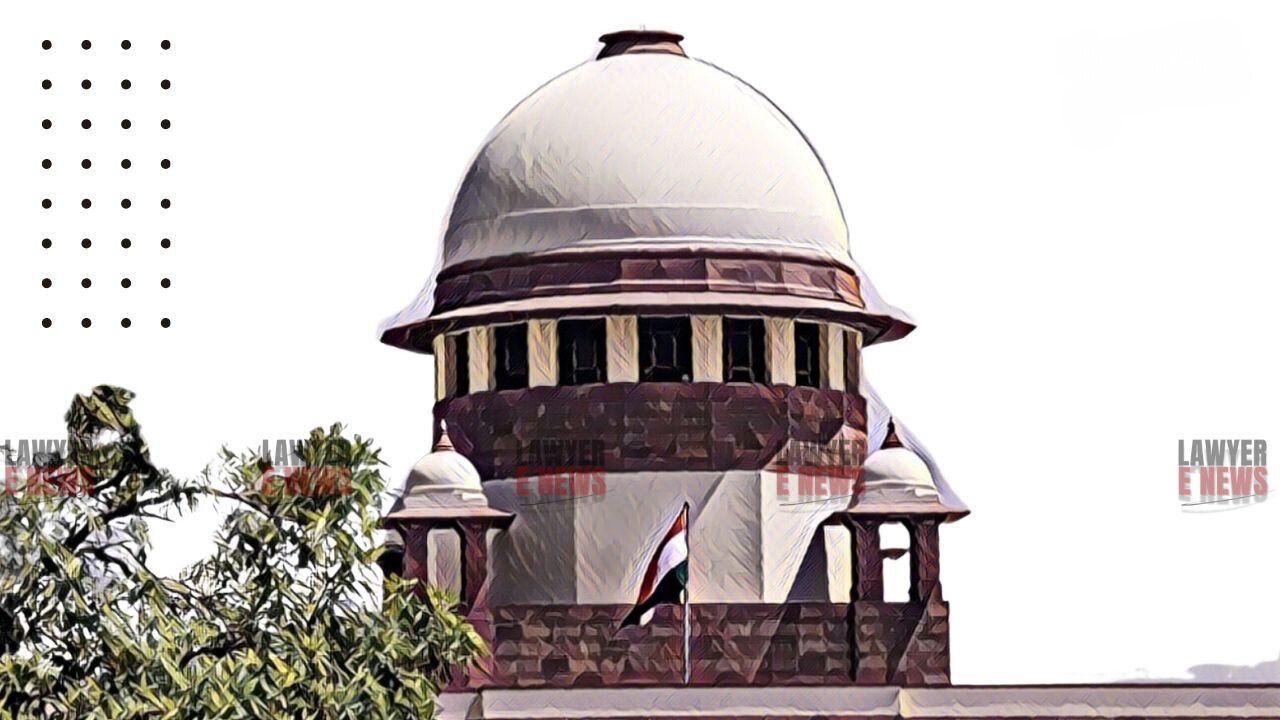-
by sayum
14 February 2026 2:22 PM



The Supreme Court has set aside the Bombay High Court's decision to quash criminal proceedings against Manojdev Gokulchand Seksaria in a case concerning fraudulent activities in the Initial Public Offerings (IPOs) of Yes Bank Ltd. and IDFC. The apex court remanded the matter to a Division Bench of the High Court, emphasizing the need for a thorough reassessment of the legal consequences of a prior consent order passed by the Securities and Exchange Board of India (SEBI).
The case originates from 2006, when the Central Bureau of Investigation (CBI) registered two criminal cases against multiple individuals, including Seksaria, for alleged fraudulent activities in the IPOs of Yes Bank Ltd. and IDFC. The allegations centered around cornering shares meant for retail investors through fraudulent means. Chargesheets were subsequently filed in 2007, accusing the respondents of offenses under the Indian Penal Code, the Prevention of Corruption Act, and the Companies Act.
In 2009, SEBI passed a consent order against Seksaria, requiring him to disgorge unjust profits and pay settlement charges. Following this, Seksaria sought to quash the criminal proceedings against him, leading to multiple rounds of litigation. The Bombay High Court initially dismissed his plea, but later a Single Judge quashed the proceedings, which led to the CBI appealing to the Supreme Court.
The Supreme Court's ruling primarily focused on procedural aspects. The bench, comprising Justices B.R. Gavai and K.V. Viswanathan, noted that the quashing of criminal proceedings by the Single Judge was not in line with procedural norms, especially given that the matter was initially dismissed by a Division Bench. The Court observed that the appropriate course would have been for the Division Bench to hear the matter on remand.
The Supreme Court underscored that the mere settlement with SEBI does not automatically exonerate an accused from criminal liability. It emphasized that the allegations in this case, involving serious charges of fraud, warranted a full-fledged trial. The Court highlighted that the Single Judge's order could not stand as it overlooked the procedural requirement for the matter to be heard by a Division Bench, considering the gravity and complexity of the issues involved.
The Court noted, “The continuation of the proceedings...shall be an abuse of process of Court," but quickly added that this was a matter for a Division Bench to reassess. The Supreme Court refrained from commenting on the merits of the case, directing that it should be reconsidered without influence from prior judgments.
The Supreme Court’s decision to remit the matter for reconsideration by a Division Bench of the Bombay High Court highlights the judiciary’s commitment to ensuring that complex financial fraud cases are scrutinized with the appropriate level of judicial oversight. This ruling reinforces the principle that settlements in regulatory proceedings do not preclude criminal prosecution, setting a significant precedent for future cases involving financial misconduct.
Date of Decision: 22nd August 2024.
CBI BS & FC Mumbai v. Manojdev Gokulchand Seksaria & Anr.
